The LWF partners with rural communities to help them realize their full potential to develop in sustainable ways.
We do this primarily by facilitating relationships between key stakeholders like village committees, women’s groups, youth groups, and local governments.
We support these efforts with technical inputs and capacity development, particularly for organizing and monitoring projects. We also assist in the planning, renovation and construction of community infrastructure.
We are proud of our work in Laos, in part because our staff facilitators live in the communities they serve.
Program Overview
Rural communities rooted in agriculture
As the Lao People's Democratic Republic continues to grow economically, many challenges remain for the rural poor to realize fully some most basic rights: education, livelihoods, public health.
The growing population and recent land concessions are creating new threats for rural communities whose livelihoods are rooted in local agriculture. And while new trans-ASEAN highways have opened up these rural areas to increased communications and trade, such progress has also brought an increase in HIV cases.
The LWF partners with rural communities to help them realize their full potential to develop in sustainable ways.
We do this primarily by facilitating relationships between key stakeholders like village committees, women’s groups, youth groups, and local governments.
We support these efforts with technical inputs and capacity development, particularly for organizing and monitoring projects. We also assist in the planning, renovation and construction of community infrastructure.
We are proud of our work in Laos, in part because our staff facilitators live in the communities they serve.
- Strategic Objective I: Community Empowerment
To strengthen local leadership and improve governance for equitable and sustainable development
- Strategic Objective II: Sustainable Livelihoods
To empower communities to obtain improved, sustainable socio-economic livelihoods
- Strategic Objective III: Emergency Response and Disaster Risk Management
To enable communities to manage and mitigate disaster risks, and prepare for and respond effectively to disasters and emergencies
- Strategic Objective IV: Organizational Development
To strengthen LWF Laos to be effective, efficient and relevant to the context
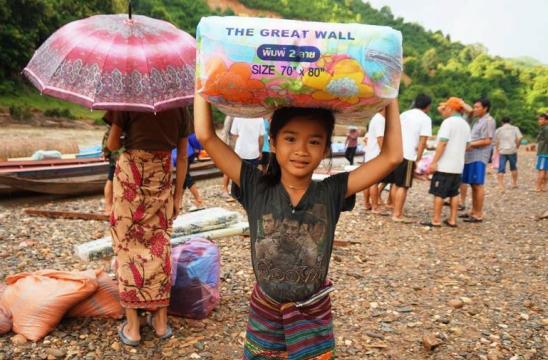
We respond quickly and compassionately to natural and human-made disasters. Our emergency assistance provides practical support and involves vulnerable communities in meeting their basic needs. We go beyond the immediate crisis by helping affected people rebuild their livelihoods and children and young people to get an education.
We assist communities in learning new skills and advocating for better social and economic services. We look to improve the ability of local people to earn a sustainable living for themselves and their families, in particular through integrated rural development projects.
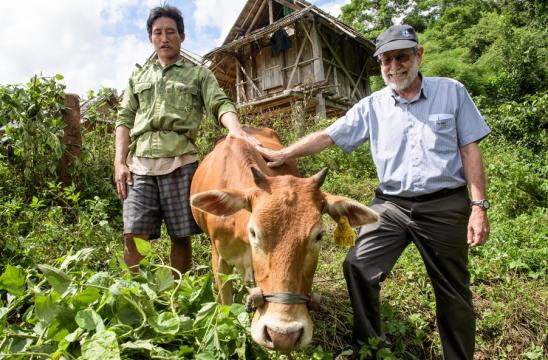
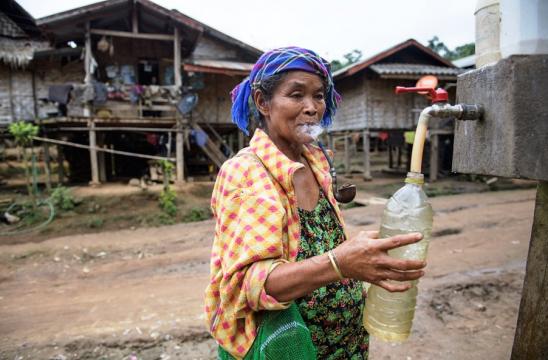
Access to clean water is a right. We help communities build and maintain clean, safe water systems. We educate people about good hygiene practices to reduce the risk of illness.
We help communities organize disaster risk reduction initiatives. These focus on training teams, raising awareness and running prevention and mitigation interventions. The program facilitates community access to potable water and helps to rebuild schools. We construct bridges, multi-purpose halls that can double as evacuation centers, and other important community infrastructure.
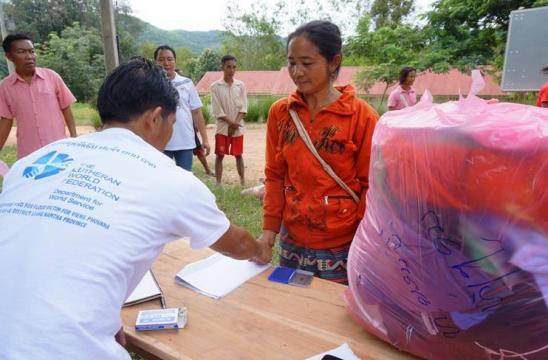
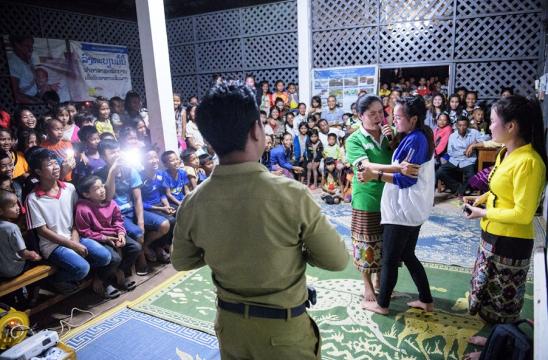
LWF Laos wants to ensure that all members of a community are aware of their rights and responsibilities. We work from the bottom up by helping villages identify projects that can act as starting points for empowerment and awareness-raising throughout the community. We partner with like-minded organizations through national networks to advocate for pro-poor and rights-based policy change.


